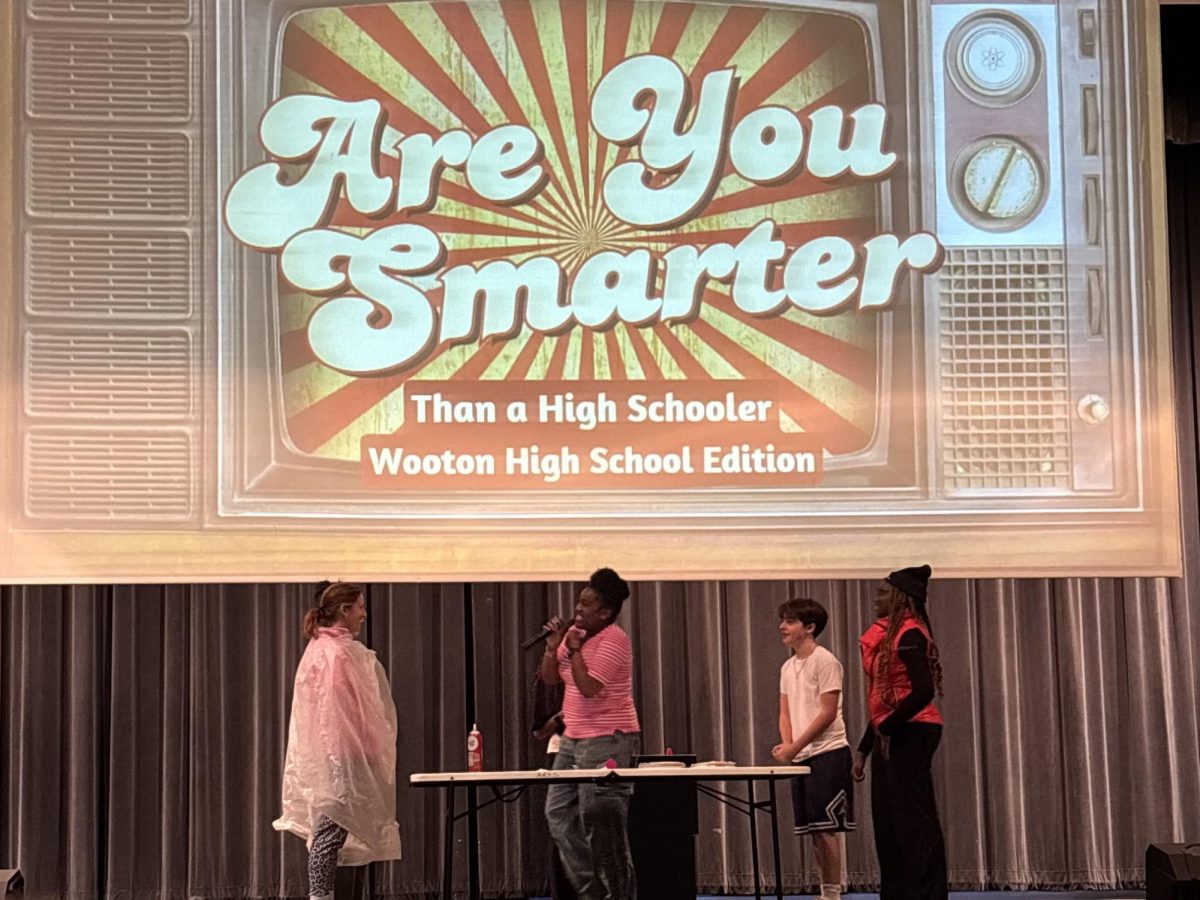According to SFGate, Americans purchase more than three billion batteries every year. In our homes, batteries are a common item. Whether it is for your T.V. remote or calculator, batteries are essential to our daily lives. But it is a mystery to many people how to properly dispose of their used batteries.
The French Honor Society (FHS) is hosting a battery drive until Dec. 1 where they will be collecting used batteries to demonstrate the importance of properly disposing of used batteries. To donate your used batteries simply hand them into your first period teacher. The first period class that brings in the most used batteries will receive a breakfast party courtesy of FHS. “I’m glad we’ve been able to engage our school community in FHS activities. We’re excited to see which class has collected the most batteries and will win the breakfast party,” senior publicist Amanda Cassano said.
The idea for the battery drive sparked from the need to replace the batteries in a clock. “Our sponsor, Mrs. Maass, had to replace the batteries in her clock one day. She started thinking about how all the clocks in the school have to be replaced every couple months, and how much waste that produces, especially when these batteries could be recycled,” senior co-president Sophia Morakis said.
Not only is the drive an engaging school activity, but it’s also a contribution to the preservation of the ecosystem and helps keep harmful chemicals out of the environment. “A lot of people don’t realize what a big impact recycling batteries can make. It saves energy, conserves natural resources, and the material can be reused to make new products,” Morakis said.
The battery drive is hosted each year by FHS in order to continue to promote the protection of the environment. “It’s really important to recycle batteries in the proper waste fills to avoid damage to our environment, which is why we continue to host the battery drive,” junior treasurer Rita Zhang said.
Batteries that are not disposed of properly can leak harmful chemicals such as mercury and lead into the environment. When batteries are placed in a landfill these chemicals can leak into the soil, groundwater, lakes and streams. Alternately, when these batteries are incinerated these chemicals are released into the air and spread. “France is really environmentally friendly because of the Paris accords and other things. The battery drive is our way of bringing that aspect of French culture to our school,” Morakis said.
Once these chemicals have seeped into the water or air it can pose a serious threat to the health of humans and the environment. According to the U.S. Environmental Protection Agency (EPA) overexposure to mercury can lead to loss of peripheral vision, lack of coordination and impairment of speech and hearing.
The EPA imposed the Battery Act in 1996, which provides efficient and safe ways for collecting and recycling batteries. In most states, it is illegal to throw lead batteries into the the trash can. To properly dispose of batteries at home, bring them to local facilities which can be found on the Montgomery County website such as the Shady Grove Processing Facility and Transfer Station.
Alyssa Bursie
Commons Editor








